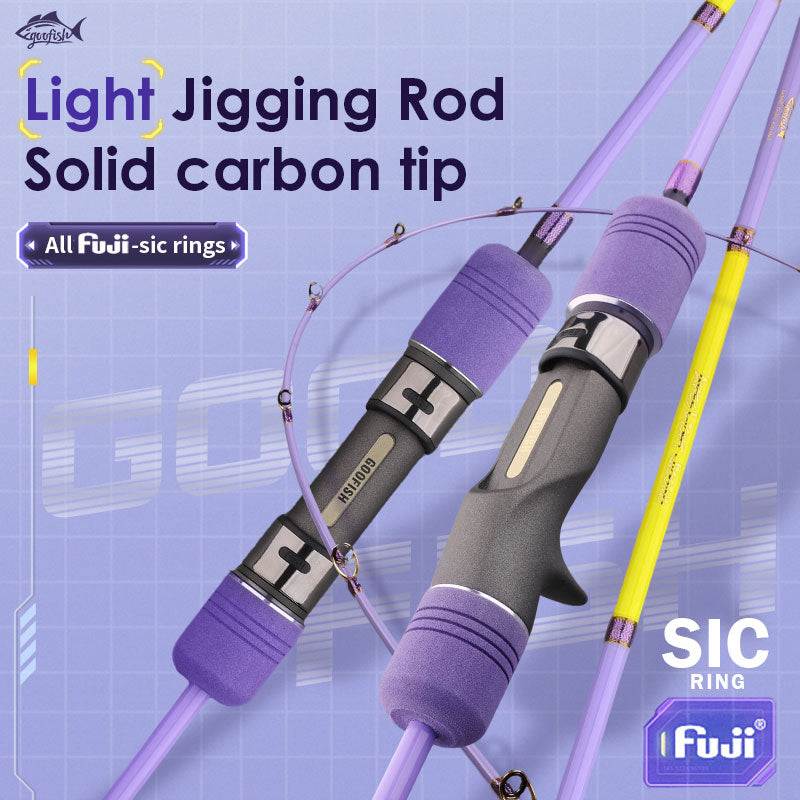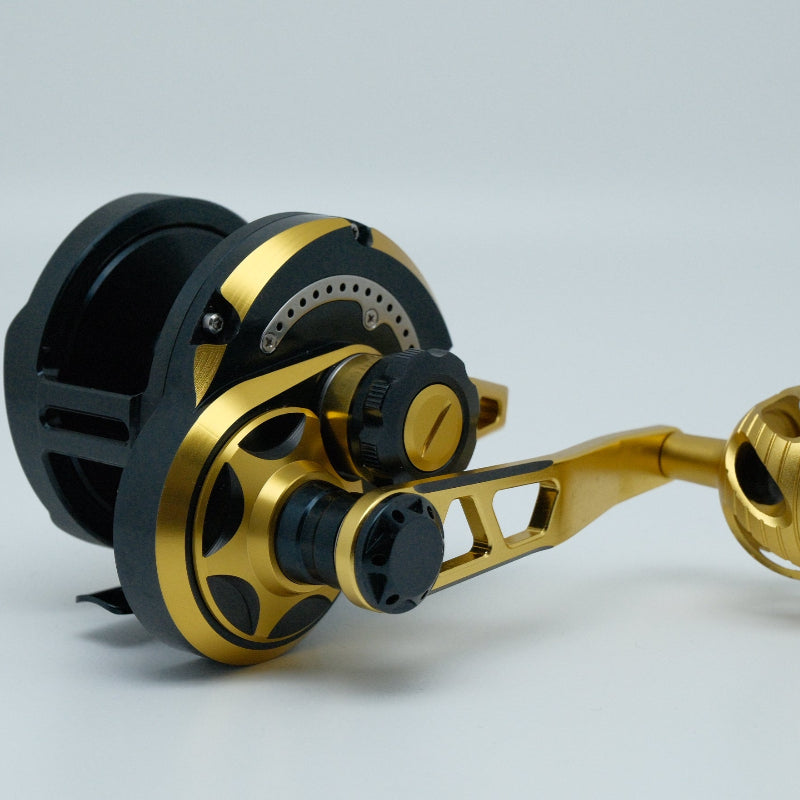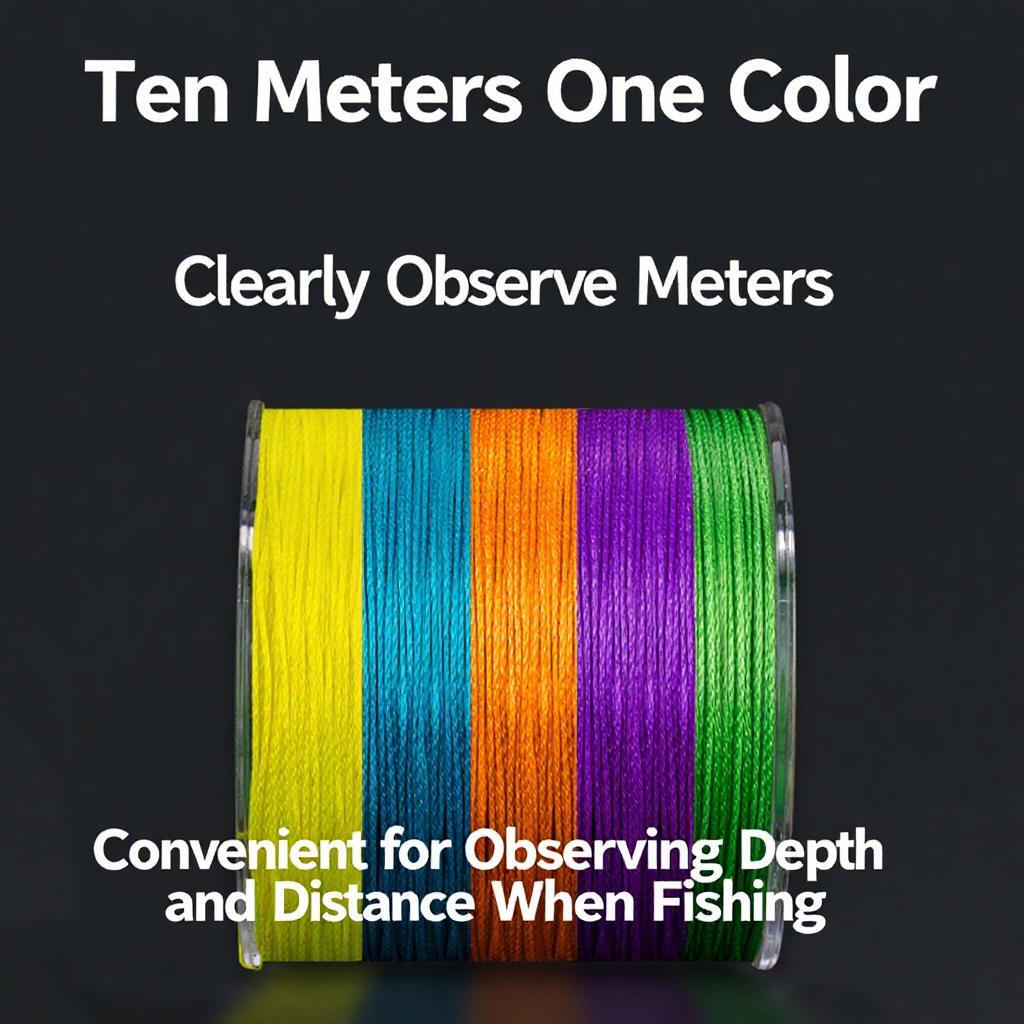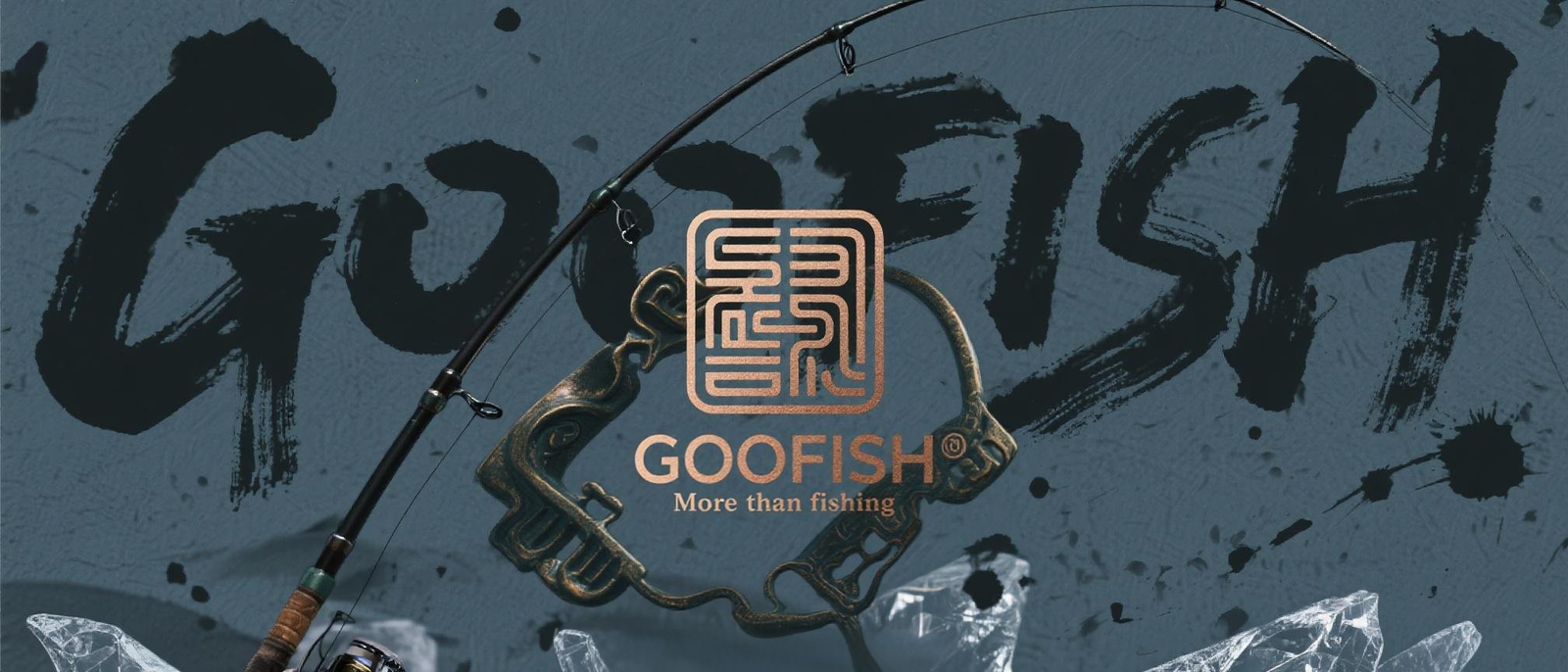Title: The Hidden Worries of Fishing Apps: What Do We Lose When Algorithms Know Fish Better Than You?
Meta Description: Dive into the unspoken costs of fishing apps—where algorithmic precision overshadows human intuition. Explore how losing touch with traditional gear like spinning rods and the art of reading water risks eroding our connection to fishing’s soul.
In an era where smartphones track fish populations with laser precision and apps plot prime spots with algorithmic ease, fishing has never felt more "efficient." But as we lean into tech-driven solutions—whether it’s identifying fish species via augmented reality or customizing bait choices through data analytics—we may be sacrificing something far more irreplaceable: the human touch that turns a pastime into a passion. From the tactile joy of a well-worn fishing rod to the quiet mastery of reading a stream’s rhythm, here’s what we risk losing when algorithms know fish better than we do.
1. The Intimacy of Traditional Gear: When "Rod and Reel" Becomes a Click Away
Fishing isn’t just about catching—it’s about the tools that connect us to the water. A spinning rod’s flex, the weight of a baitcasting reel in your hand, the satisfying "thunk" of a fish striking: these sensory details forge a bond between angler and craft. Yet fishing apps often reduce gear to data points: "Best spinning rod for trout?" "Top-rated reels under $100?" While convenience is king, the nuance of choosing a rod based on its action (fast vs. medium) or a reel’s drag system—lessons learned over years of trial and error—fades away.
When we outsource gear selection to algorithms, we lose the story behind each pole and reel. The hand-me-down rod from a grandfather, the reel repaired with patience after a snap—these aren’t just tools; they’re memories. Algorithms can’t teach us why a particular spinning rod feels right for a spring creek or how to adjust a reel’s drag to land a fighting fish with grace. In their place, we get specs and sales rankings ("fishing poles for sale!"), but not the soul of fishing.
2. The Art of Observation: When Data Overrules Instinct
Fishing’s greatest teachers are the water itself: the ripples that signal a school, the shadows that hint at structure, the silence that clues you in to a strike. Apps can map underwater contours and predict baitfish movements, but they can’t replicate the process of learning to read nature. A seasoned angler doesn’t just know where fish hide—they feel it through hours of quiet observation, building a mental map that no GPS coordinate can replicate.
Over-reliance on algorithms risks turning fishing into a "plug-and-play" activity. When we follow app-generated routes without questioning why a spot works, we lose the curiosity that drives growth. What happens when the app’s data is wrong? Or when conditions change—a sudden wind, a temperature swing—that the algorithm didn’t account for? The angler who trusts only screens may find themselves adrift, while those who’ve honed their instincts (and their spinning rods) adapt with confidence. Fishing, at its core, is a dance with uncertainty—algorithms can’t teach us to lead that dance.
3. The Solitude of Solitude: When Community Fades to Notifications
Fishing has long been a solitary escape, but it’s also a community. Anglers share stories at the dock, swap bait tips at tackle shops, and mentor newcomers. Fishing apps, in their quest for efficiency, often replace this human connection with push notifications: "New hot spot detected!" "Catch of the day!" While social features can connect anglers across the globe, they can’t replicate the local knowledge that thrives in person.
Consider the local tackle shop owner who knows exactly which reel pairs best with a particular rod for your home river, or the fellow angler who shares a secret spot after spotting your spinning rod at the launch. Algorithms prioritize scale and speed, but they can’t capture the nuance of a community’s insider knowledge. When we rely solely on apps, we risk homogenizing fishing into a globalized experience—losing the unique character of a local stream, the stories tied to a favorite spot, and the mentorship that turns novices into experts.
4. The Ethical Quandary: When "Optimal" Outweighs "Right"
Efficiency has a dark side. Algorithms optimize for "maximum catch," but they rarely account for conservation. A spinning rod and reel can be tools for sustainability—when used mindfully. But apps that push for "hot spots" may inadvertently encourage overfishing, especially if they prioritize quantity over ethics. The angler who learns to release a fish gently, to respect spawning seasons, or to avoid fragile habitats does so through experience and empathy, not data. When algorithms define success by "catch count," they risk normalizing a transactional view of fishing—one that forgets the fish, the ecosystem, and the joy of the moment.
Finding Balance: Let Tech Complement, Not Replace
This isn’t a call to abandon fishing apps. They’re powerful tools for discovery, safety, and connecting with fellow anglers. But let’s not let them eclipse the heart of fishing: the human element. Your spinning rod is more than a piece of gear; it’s an extension of your fishing skill and story. The time spent learning to read water, to tie a knot, or to patiently wait for a bite—these are the things that make fishing meaningful, not just a "win" in an app.
Algorithms can know fish better than we do, but they’ll never know fishing like we do. Let’s keep our apps as guides, not masters. Keep your spinning rod close, your reel well-oiled, and your eyes open to the world beneath the surface. After all, the greatest catch is the one that leaves you—and the water—better for the experience.











Leave a comment